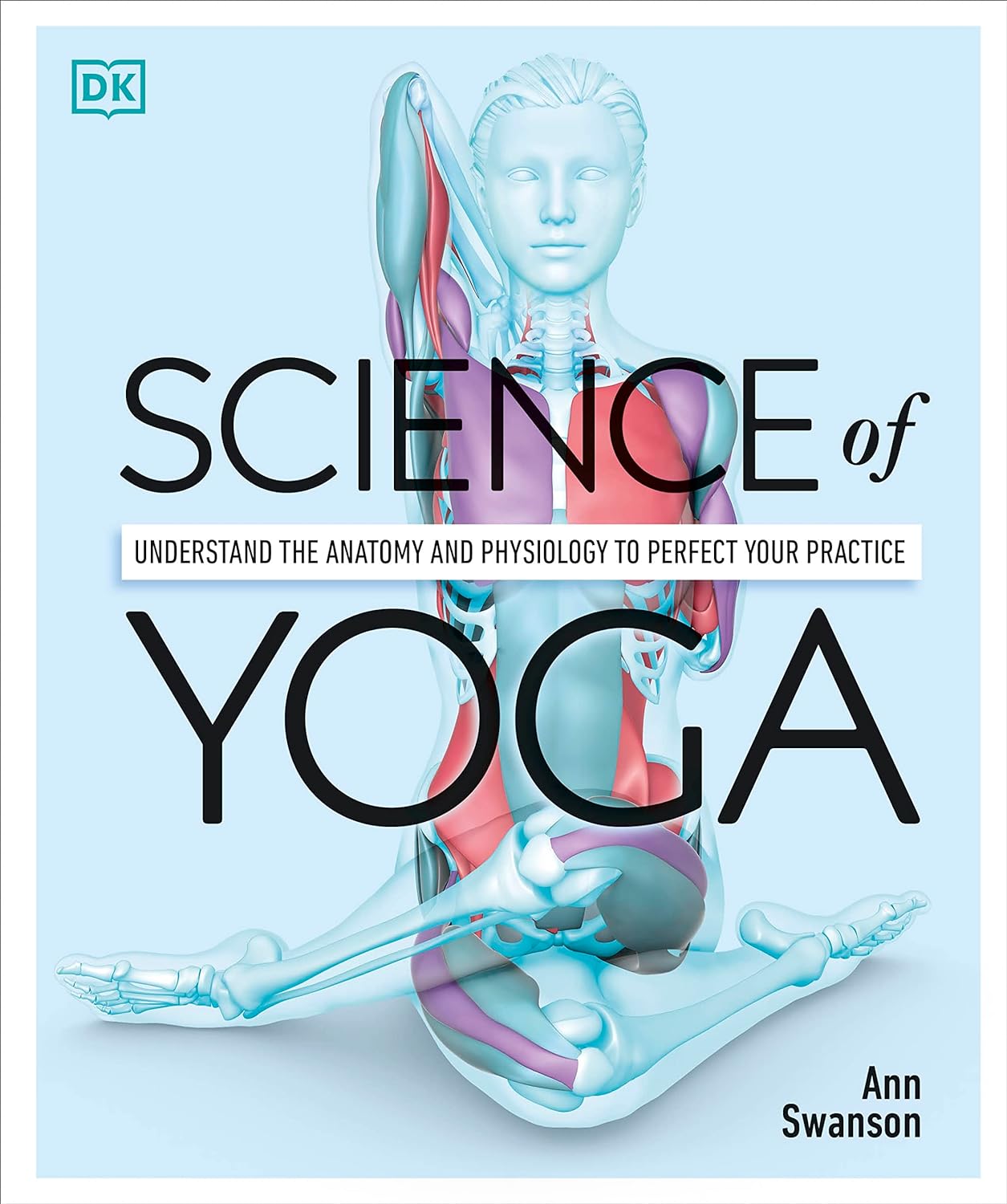The Philosophy Of Yoga

Hey there, amazing readers! 🖐️ Just a quick note: yes, we know there are a lot of ads here. Trust us, we get it—it’s not the prettiest look, but they help us keep this blog alive and kicking. Those pesky little ads cover the costs of all the behind-the-scenes magic, from hosting and tech stuff to creating content we hope you’ll love.
We’re committed to delivering quality posts, and your support (even just sticking around despite the ads) means everything to us. So, bear with us, and thanks for helping us keep the good vibes rolling. Now, on to the fun stuff! 😉
TRANSLATE BUTTON AT THE END OF THE ARTICLE
Yoga is different things to different people, so what it means to you will depend greatly on how you were introduced to it and how you enjoyed your initial experiences with it.
For some people, yoga is simply a method of exercise that ensures they have a healthy, supple body.
For other people, yoga transcends a method of exercise and is a spiritual experience that allows them to find the balance and centering in their lives that they need.
This type of yoga comes closer to a life philosophy than any other.
Ashtanga Vinyasa yoga is often placed in this final type when assessing its place as a yoga discipline.
It descends from a document known as Korunta Yoga, which deals with the 8 spiritual movements that are described by Patanjali in Sutra Yoga.
Today, most yoga disciplines are directly descended from the descriptions of yoga exercises in these documents, and so most forms of yoga are variations of Ashtanga Vinyasi.
Getting a complete understanding of Ashtanga Yoga is important as its proponents treat it as more than a form of exercise.
While its basis is in physical movement, it is suggested that its power, in fact, comes from the strength of spirit that is developed from regular and disciplined practice of the 8 stages of Yoga.
Through the eight stages of Yoga, the body and mind become pure, and so they are seen as a purifying discipline.
Furthermore, the discipline of Ashtanga Vinyasa deals with a profound and deep way of relating to others.
The closest word to describe this aspect of the yoga discipline is manners, but it really does go beyond that.
Yoga is a discipline of balance, and the physical balance required to complete many of the exercises should be mirrored by an internal balance or harmony of the soul.
It is said that a hyperactive person cannot be successful with yoga, and this is true on several levels.
Firstly, they lack the discipline to sit calmly through the exercises, but they also lack the mental calm to focus wholly and completely on a single task.
Yoga requires deep concentration on the simple act of breathing and feeling the breath bring life to different areas of your body.
The power of Yoga is found in its combination of the physical strength and flexibility needed to complete movements and the mental discipline that is required to maintain them.
Yoga is not just a form of exercise, but most often it is thought of as a form of meditation.
Meditating successfully with yoga requires a purity of thought and singularity of focus that is not found in most modern exercise programs.
It seeks to bring the body back into balance and focuses on maintaining that balance.
This aspect of yoga is often misunderstood, but balance plays a huge role in Eastern medicine, and the purpose of yoga and similar meditative techniques is often no more than to achieve and maintain the level of balance that keeps our bodies healthy.
Yoga teachers will often talk about one-ness and inner harmony, and this can be misinterpreted by people who lack a holistic understanding of what yoga seeks to achieve.
The simple harmony that is achieved through meditation and yoga is a self-contentment or acceptance of oneself.
This shows that the first step to becoming completely happy and healthy is to be content with yourself and your life.
Non-Spiritual Yoga
For a lot of people, the first image that will pop into their head when they think of yoga is a little old man in a loincloth sitting on top of a stone pillar with his legs crossed and his arms on his knees.
He’s probably chanting, humming or got a look of relaxation and serenity on his face.
I’m not a person who likes to sit still and I hate any minute that I feel is wasted, so this idea of sitting around doing nothing all day was not something that appealed to me.
I’ve changed that initial perception quite a lot, and in this article I want to tell you about the personal journey that taught me about the benefits of yoga for a very non-spiritual person.
The first yoga class I ever went to, I spent a lot of time sitting in silence with a bored expression on my face and thinking, “This is so dumb.”
I listened to the instructor drone on about inner peace and harmony and balance and energy flowing through my body, and I was pretty close to never going back again.
Then I got lucky.
One of the guys in the class was a professor at the local university, and it struck me as a little strange that a professor of biology would be doing this spiritual Yoga thing.
I got an opportunity to speak to him briefly.
Actually, he singled me out and observed that I looked bored.
He explained he had felt the same way when he began and then he translated the instructors talk into biology terms and it was all very sound.
That hit me like a ton of bricks.
As I thought on it more and more, I could see this from a purely scientific point of view.
For instance, take the ‘energy’ that flows through our body.
A lot of people are turned off when they start to hear talk like that, but it’s a very core component of yoga.
I substituted “blood” for energy and looked at this thought process again.
I know that blood carries nutrients and oxygen around our body.
I know that if our cells don’t receive these nutrients and supplements, they become weak and we can become ill.
I know that people can become sick if they have high or low blood pressure.
The regular healthy flow of blood is clearly a very important factor in us staying healthy.
Of course, Yoga was first used many hundreds of years ago, and while it would be arrogant to assume that we know everything about circulation and blood flow, we certainly know more than the average Chinese peasant from that time.
“Energy” is just a nice word that anyone can understand for blood flow.
Yoga stretches out certain muscle areas and allows our blood to flow more freely and brings nutrients to all parts of the body that need them.
That is a nice scientific explanation, and I am quite happy to accept it.
You can do the same with the other “alternative” terminology you don’t relate to when you hear the instructor talking about it.
Inner peace, oneness, emotional calm-it’s all just a very dressed up way of saying concentrate on one thing-your blood flow and the health it is bringing you, or your breathing and the supply of life-giving oxygen it brings you.
Concentrate on that just for this one small part of the day and make being alive and healthy your only goal.
Forget about what’s happening at the office because you cannot do it from here.
Forget about what your husband or wife is doing or whether the kids are being bullied at school and just concentrate on being you, being alive and being healthy.
Now stress has been attributed as a major factor in over 40% of all medical issues.
Stress, in a nutshell is caused by thinking too much.
This practice shows us how to let all those worries be something we can think about later and leaves the brain free to concentrate on doing all it’s vital health giving functions.
It’s strange that as I’ve done more and more yoga, I have developed a spiritual side that I never had before.
It’s not a religious thing but more a case of recognizing that my own health and wellbeing are important and worthy of being made a priority.
Whether the same happens for you is yet to be seen, but if you’ve been putting off learning Yoga or giving it a try because of all the spiritual talk, I can assure you that there are scientific reasons behind it and that if you give it a chance, you may just be surprised.
Latest Posts

The Enlightenment Journey is a remarkable collection of writings authored by a distinguished group of experts in the fields of spirituality, new age, and esoteric knowledge.
This anthology features a diverse assembly of well-experienced authors who bring their profound insights and credible perspectives to the forefront.
Each contributor possesses a wealth of knowledge and wisdom, making them authorities in their respective domains.
Together, they offer readers a transformative journey into the realms of spiritual growth, self-discovery, and esoteric enlightenment.
The Enlightenment Journey is a testament to the collective expertise of these luminaries, providing readers with a rich tapestry of ideas and information to illuminate their spiritual path.
Our Diverse Expertise 🌟
While our primary focus is on spirituality and esotericism, we are equally passionate about exploring a wide range of other topics and niches 🌍📚. Our experienced team is dedicated to delivering high-quality, informative content across various subjects ✨.
To ensure we provide the most accurate and valuable insights, we collaborate with trusted experts in their respective domains 🧑🏫👩🏫. This allows us to offer well-rounded perspectives and knowledge to our readers.
Our blog originally focused on spirituality and metaphysics, but we’ve since expanded to cover a wide range of niches. Don’t worry—we continue to publish a lot of articles on spirituality! Frequently visit our blog to explore our diverse content and stay tuned for more insightful reads.






